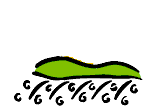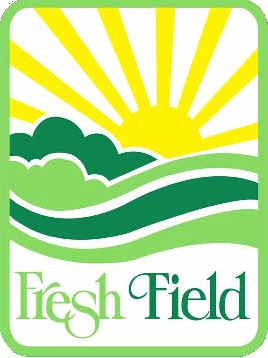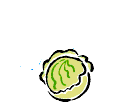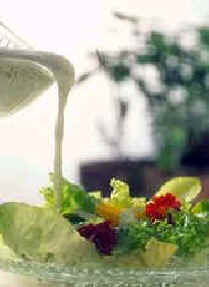|
Fresh is our first name — and
quality is our first priority. Everything we do —growing, harvesting, washing, packaging and
delivery — are all designed to give you the
best salad experience possible.
We take extra length to ensure quality
and safety of Fresh Field produce as it travels from the field
to the table. Premium quality, disease-free produce with
a good shelf life is a result of sound production practices,
proper handling during harvest, and appropriate post-harvest
activities.
Farming Practices
|

|
Farming
practices have a
tremendous effect on the quality of fresh produce at harvest
and on post-harvest quality and shelf life.
We
make sure our produce are not stressed by too much or too little water, high rates
of nitrogen, or run the risk of mechanical injury (scrapes, bruises,
abrasions) which may cause post-harvest
diseases. |
|

Food
Safety: from field to bag
|
|
Food
Safety also begins in the
field, and should be of special concern, since a number of
outbreaks of food-borne illnesses have been traced to
contamination of produce in the field. That is why at Lettuce
Entertain You Farm Corporation,
we
...
· Don't apply any form of
organic materials including raw dairy or chicken manure or
slurries as fertilizer.
· Don't irrigate with water from a farm pond used by
livestock.
· Don't use chemical pesticides.
· Don't use preservatives.
Harvest
Handling
Quality cannot be improved after
harvest, only maintained; therefore it is important to harvest
fresh produce at the proper stage and size and at peak
quality.
Harvest are completed during the coolest
time of the day and produce are sent immediately to our
production kitchen.
Production
Kitchen
 |
At the production kitchen,
fresh
produce are handled gently.
Produce destined for storage or next
day processing are sent directly to the chiller.
First step of the
processing is sorting. Leaves with surface
breaks, bruises, spots, rots, decay, and other form of
deterioration are removed from the processing line.
Bruises and other damages not only affect
appearance, but provide entrance to decay organisms as well. |
Sorted salad green leaves are then
transferred
to our custom designed multiple
washing line where these are gently
washed.
We use fresh potable water during the different washing stages and
the water
are never recycled . Each stage
eliminates certain category / size of concerns (example
grits, dirt, farm debris) from the production line.
Excess moisture
on the leaf surface are then mechanically removed. Excessive
moisture in salad bags is a major food safety concern.
It cause early decay of the product and possible breeding
ground for undesirable organisms.
|
Final
Product
|

|
The
salad green leaves are then put in ethylene- free
plastic packaging.
Air is injected
into the bag to provide added
protection to the salad bag during transit. |
|
The
processed bags are then transferred to the chiller
room prior to distribution. Temperature is the single most important
factor in maintaining the quality at this point. The temperature
at the chiller room and the succeeding cold chain are kept as constant as
possible to arrest the deterioration rate.
|

|
|

|
Distribution
to the different supermarkets and restaurants are
done the following morning (at the latest).
Thus, ending the complete process of harvest to
distribution all within 24
hours !
|
|

Here's
everything a salad should look and taste ... good !
|
|
